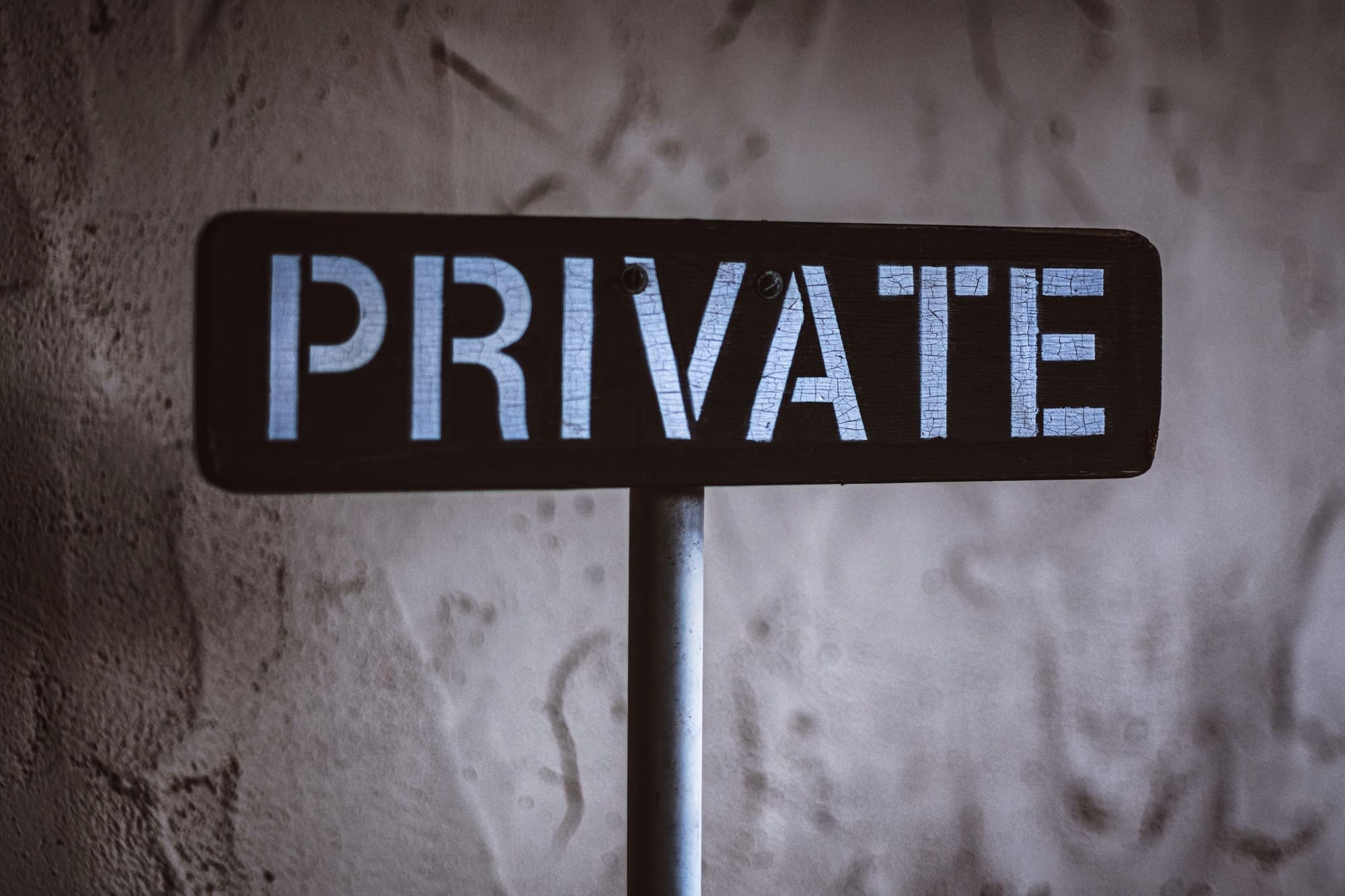Privacy Focused Sober Livings: Where Many Fail and How One Facility Excels

In the realm of addiction recovery, patient privacy is a critical but often overlooked issue. Besides the legal frameworks already in place, including HIPAA (Health Insurance Portability and Accountability Act), many treatment facilities fall short in safeguarding the sensitive information of their clients. This article examines the common failures in addiction recovery privacy practices and highlights an exemplary addiction treatment facility in New Jersey that has implemented superior measures to protect client confidentiality.
Common Failures in Addiction Recovery Privacy
Many addiction treatment centers struggle to fully adhere to privacy laws, often due to inadequate staff training, lax cybersecurity protocols, or unintentional breaches of discretion. Some of the most prevalent failures include:
- Staff Mismanagement of Information – Employees who are not adequately trained in HIPAA compliance may unintentionally disclose client details to unauthorized parties. Simple mistakes, such as discussing patient names in public areas or confirming a client’s presence to a caller, can constitute serious violations.
- Weak Cybersecurity Measures – Many facilities store sensitive client records in digital formats without sufficient encryption or multi-factor authentication, making them vulnerable to cyberattacks. Data breaches in healthcare have been on the rise, and addiction treatment centers are not immune.
- Lack of Discretion in Facility Inquiries – Some centers inadvertently compromise privacy by providing facility details, such as the names of clients in residence, in response to non-client inquiries. Families, media, or even potential employers may call seeking confirmation of an individual’s presence, and untrained staff may reveal information without proper authorization.
A Model for Excellence in Privacy Practices
One facility that has established itself as a leader in addiction recovery privacy protection has implemented a multi-layered approach to ensure discretion and security:
- Strict HIPAA-Compliant Staff Training – Every employee, from administrative personnel to clinical staff, undergoes rigorous HIPAA compliance training. They are taught to handle all inquiries with the utmost discretion, ensuring that no identifiable information is shared unless legally required.
- Client Anonymity Protocols – Following the anonymity standards of Alcoholics Anonymous, the facility only refers to clients by first name and last initial in verbal interactions, unless otherwise offered by prospective client. This prevents unnecessary exposure while preserving a culture of confidentiality.
- Restricted Address Disclosure – The facility's physical address is provided only to those with an approved need-to-know basis. This prevents unwanted visitors or inquiries from compromising the privacy of individuals in recovery.
- Advanced Cybersecurity Safeguards – Sensitive data is encrypted and stored on secured servers with multi-factor authentication, ensuring that personal and medical records remain inaccessible to unauthorized users. Additionally, internal policies prevent any digital sharing of client information without explicit consent.
In Summary
Privacy in addiction recovery is not just a regulatory requirement but an ethical obligation. Many facilities fall short due to poor training, outdated security measures, and an overall lack of discretion. However, the example outlined above demonstrates that a rigorous commitment to HIPAA compliance, anonymity, cybersecurity, and restricted access to information can create an environment where clients feel safe and protected. As addiction recovery continues to evolve, facilities that prioritize these privacy measures will set the gold standard for ethical and effective care.